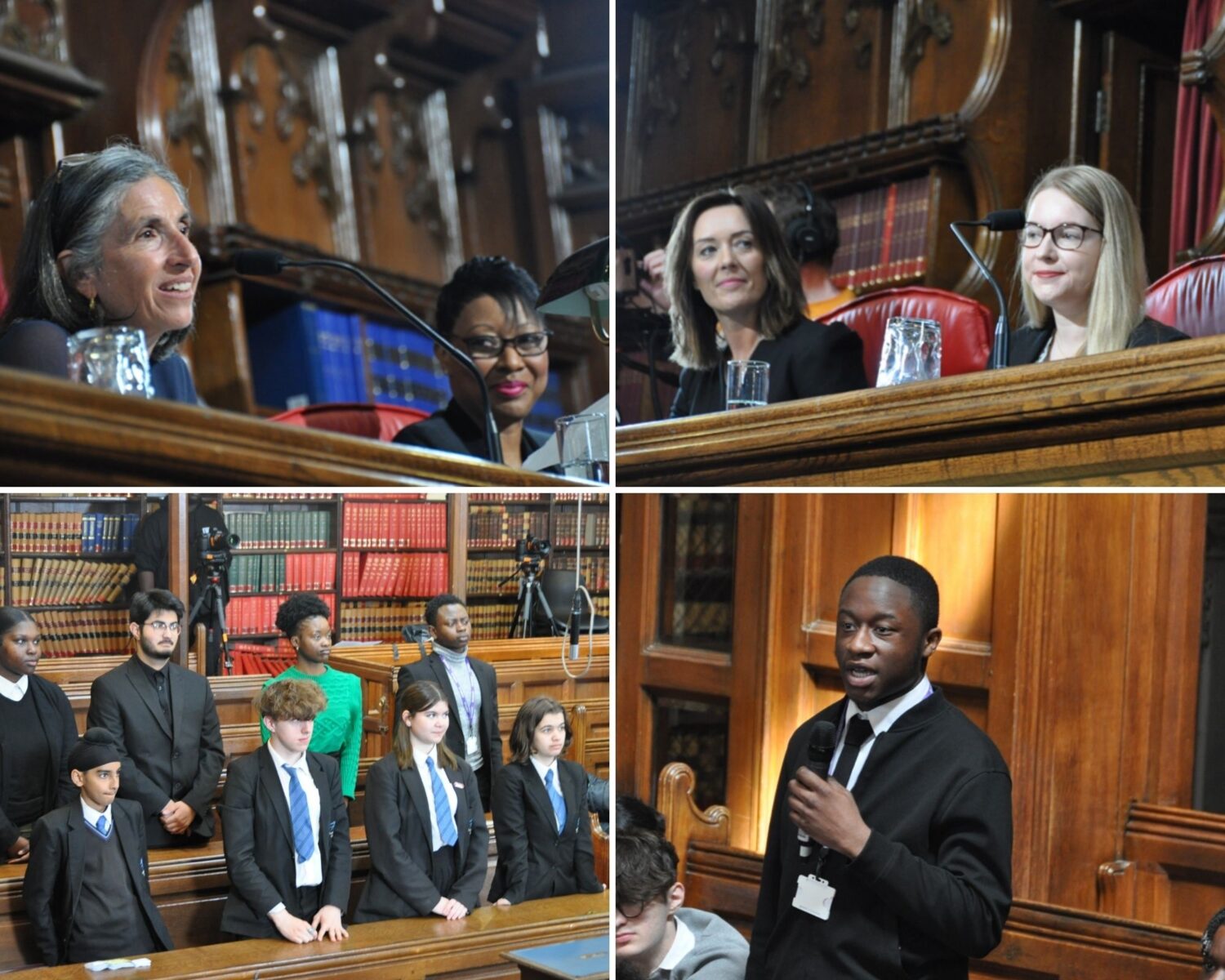WRONGFULLY ENTERING INTO BUSINESS.
A. General Rule. The general rule is that anyone can enter into any "legal" business they want.
1. Exceptions. There are two exceptions to this rule.
B. Entering a Business in Violation of the Law. The simplest example of this is the Utility Industry.
1. The state gives utilities certain geographic locations in which to operate.
2. This is done for several reasons:
a. The first reason is that the providing of electric is very expensive (Shearon Harris cost
$6 billion).
b. The second reason is that the government regulates this type of industry and to a certain
tells them how much money they can make.
c. The third and probably the most important is that such companies have strict guidelines
under which they must operate under.
3. Therefore, it would not be cost efficient.
C. Operating a Business for the Sole Purpose of Running another out of Business. You can not operate a
business for the sole purpose of running another out of business.
1. There is a "FINE" line. All I will say about this is that there is a fine line between competition
and running someone out of business. Take the airline industry and the number of companies
that have went under.
2. Collusion. Companies definitely can't get together with the intent of running competitors out of
business.
3. Tuttle v. Buck.
a. Facts. Edward Tuttle owned and operated a barber shop in Howard Lake Minnesota.
Cassius Buck was a local banker in the same city.
(1) Buck allegedly established a competitive barbershop with the intent of running
Tuttle out of business.
(2) Buck used his personal influence within the community to take customers away
from Tuttle. Including forcing some customers to use his shop (Extortion).
(3) Buck also spread false and malicious reports about Tuttle.
(4) This resulted in Tuttle losing a lot of his business.
b. Trial Court and Appellate Court. The trial court and appellate court rendered a decision
in favor of Tuttle.
c. Minnesota Supreme Court. The Minnesota Supreme Court held that Buck was guilty of
maliciously interfering with Tuttle's business.
34
(1) The court reasoned that competition should be preserved but its duty was also to
guard against abusive practices.
(2) The court said the line between competition and abusive practice was not clear.
(3) The court looked at Buck's intent and held that his primary purpose was not
drive Tuttle out of business (and not to make a profit). This was wrong.
V. APPROPRIATION.
A. Introduction. A few weeks ago someone approached me with very nice Michael Jordan reproduction.
It was had painted and read on the front "Just Like Mike." This is a classic form of "appropriation."
B. Definition of Appropriation. Appropriation is merely the use of a person's name or likeness by another,
without his permission for commercial advantage.
1. The only other comment is that this is illegal and can get you into a lot of trouble.
VI. DISPARAGEMENT OF PROPERTY
A. Example. In addition to running the local barber shop in Mayberry, Floyd also shop that deals in rare
coins. Floyd's coin shop is very popular and is quite successful.
1. Barney becomes jealous of Floyd's success and starts spreading rumors that Floyd mints his own
coins and they are really cheap.
2. This is Disparagement of Product which can be defined as "unprivileged publication of
false information about another's product." This kind also be called "trade libel."
B. Proof Required. In order to prove this the plaintiff must show there was actual damages. The plaintiff
must show that because of the statements, a third party refrained from dealing with him.
VII. RICO - Racketeer Influenced and Corrupt Organizations Act.
A. Introduction. The "RICO" Act is an attempt by Congress to keep organized crime out of legitimate
business.
B. Prohibitions under RICO. RICO specifically prohibits four things.
1. The use of income obtained from racketeering to purchase any interest in a business.
2. The use of income obtained from racketeering to maintain a business.
3. To conduct or participate in the affairs of an enterprise through racketeering activity
4. To conspire to do any of the above three things.
C. Penalties. The penalties are severe for engaging in this type of activity including
1. Stripping the individual of his interest in the business.
2. Private individual may under certain situation recover "treble damages", plus attorney fees for
injuries they have incurred





0 Comments